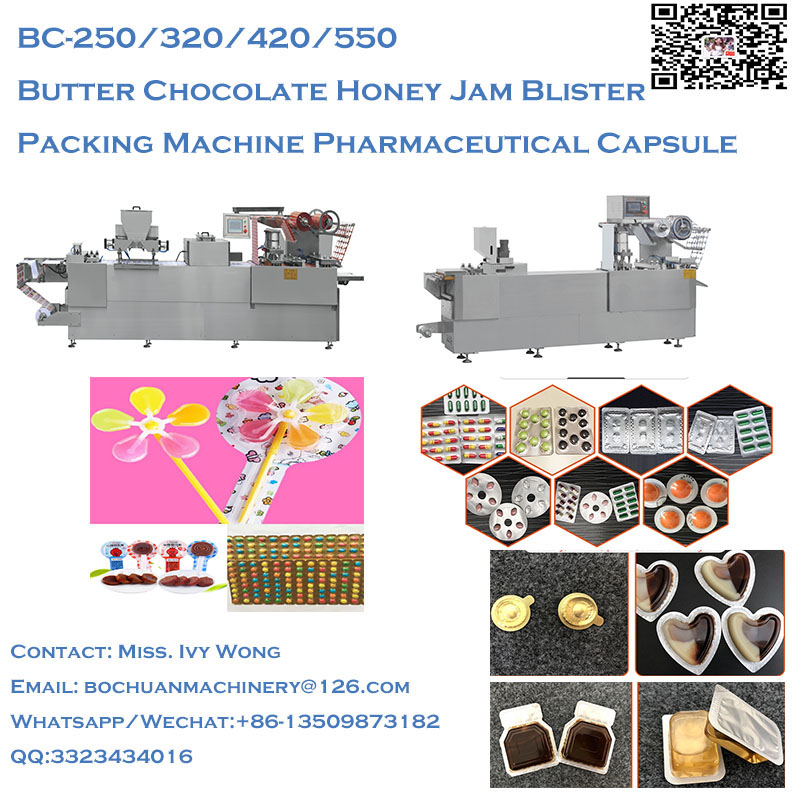29-Jun-2023 - Last updated on 10-Jul-2023 at 07:02 GMT
Related tags PRONATEC Cocoa Dominican republic Sustainability Commercial Fudge Making Equipment

PRONATEC, like many suppliers and manufacturers of cocoa, is preparing its due diligence for the forthcoming EU legislation on deforestation to comply with the law that states no cocoa-derived products from land that was deforested or degraded after 31 December 2020 is allowed to enter the European Union (EU) market.
The EU will require an obligation from companies to demonstrate that imported products are produced in accordance with local legislation. Yersin says the company has set up a project team to develop an action plan and is assessing the levels of exposure to the farms where it sources cocoa – but is confident PRONATEC’S cocoa products will meet the new requirements.
Where some companies may struggle to prove full transparency in their supply chains, PRONATEC differs because it supplies only organic-certified cocoa from small farm holders, primarily in the Dominican Republic. Traceability has never been an issue and the company finds itself in an enviable position of leading the rest of the industry by example.
In places like Cote d’Ivoire, where there is a lot of monoculture, it's much more difficult because you have problems with diseases, with insects … in this system in the Dominican Republic, for us, we don't have to change too much -- David Yersin MD/CEO PRONATEC
While many of the issues surrounding the problem of deforestation do not directly impact PRONATEC, Yersin, of course, is aware of the wider issues and gives an example of when he visits PRONATEC’S farms in the Dominican Republic, he flies over neighbouring Haiti and witnesses the scorched landscape, compared with the lush tropical forests of the Dominican Republic, where cocoa is grown on a small scale in a bio-diverse environment that produces premium quality beans. The country produces 85,000 tons/year, making it the 9th largest producer globally.
Yersin says the cocoa grown on the island is very natural. “It's like a forest, and therefore there is not much we need to change there.” While PRONATEC’S cocoa is organically certified, he says that as well as the new legislation from the EU, the company is aware of a new certification, ROC, that is being requested from clients, particularly in North America.
ROC stands for Regenerative Organic Certified – a new certification for food, textiles, and personal care ingredients requiring farms and products to meet the highest standards in the world for soil health, animal welfare, and farmworker fairness.
“We have more and more companies asking for it, particularly in relation to preserving the rainforest and it's more than organic.” Working almost exclusively in the Dominican Republic, Yersin explains the country has a traditionally strong and comparatively thoroughly enforced forestry law, with clear tenancy rights, which makes certification comparatively simple compared with other countries where cocoa is grown.
“In places like Cote d’Ivoire where there is a lot of monoculture, it's much more difficult because you have problems with diseases, with insects … in this system in the Dominican Republic, for us, we don't have to change too much.”
Last June, PRONATEC, opened its impressive state-of-the-art organic cocoa processing plant, the first in Switzerland, with a production target of approximately 14,000 MT (metric tonnes) of organic cocoa a year.
Yersin said he is very satisfied with the launch and the operation so far. “We started the factory one year ago with one shift, and then we switched to two shifts, and in October we started with three shifts for five days. We're still improving - and our products are very well received. The demand for cocoa butter has been particularly positive … and also for single-origin cocoa masses produced according to customer specifications.”
From June 2022 to June 2023, the new factory processed 7,056 MT. Yersin says the high demand for fine cocoa mass for chocolate production resulted in a bottleneck and the factory is planning to install a second ball mill (liquor mill) in December. “Our customers are asking for finer quality, and therefore the liquor takes more time to be produced to obtain this quality.”
Since March 2023, Yersin says approximately 80% of the organic cocoa beans have been transported from the EU ports of arrival up the Rhine to Basel by environmentally friendly ship.
“From Basel, it is only a short distance by truck to our new storage location in Eggingen (in Germany) - which is powered by electricity from solar and hydropower - and from there across the border to our cocoa processing facility.”
Apart from reducing the impact on the environment, the new greener mode of transport is also more economically efficient. “We save a lot of costs because we don't need warehouses in Holland anymore. Now we are importing the beans in big 1,000k bags directly from the Dominican Republic to the factory. So, we save a lot of labour and hard work in the origin country and also here in Switzerland,” he says.
With Swiss efficiency combined with fine Dominican Republic organic cocoa beans, you get the sense that PRONATEC is ideally placed to absorb any new legislation, cope with demand and ride out the continuing global storm pressures of inflation and price hikes caused by the political and economic upheavals affecting the commodity and energy markets.
Copyright - Unless otherwise stated all contents of this web site are © 2023 - William Reed Ltd - All Rights Reserved - Full details for the use of materials on this site can be found in the Terms & Conditions
Flat Lollipop Making Machine Related topics Regulation & Safety Editor's Blog Cocoa & Sugar Premium